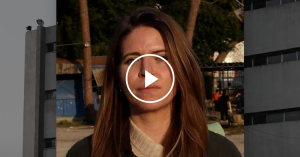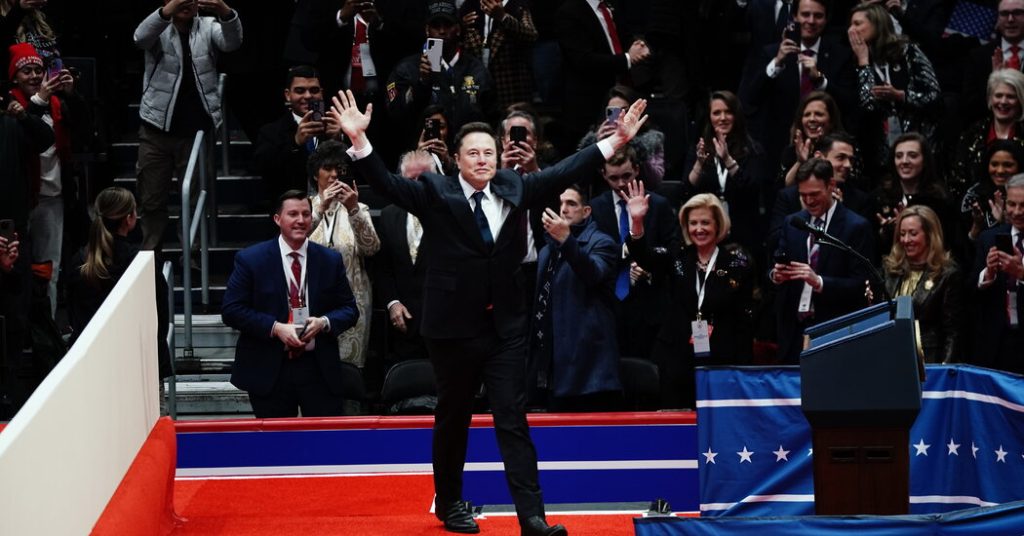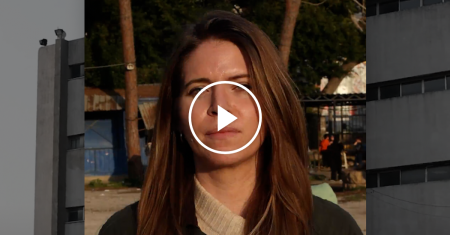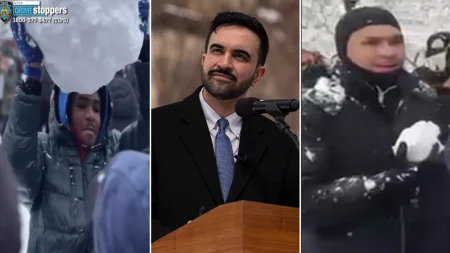The U.S. Agency for International Development (USAID) has been plunged into turmoil amidst a controversial restructuring effort spearheaded by Elon Musk. The agency’s top two security officials were placed on administrative leave after reportedly denying access to classified information to representatives of Mr. Musk’s task force. This incident follows the suspension of approximately 60 senior USAID officials and the dismissal of hundreds of contractors, raising concerns among employees and lawmakers about the agency’s future and potential absorption into the State Department. Mr. Musk’s public characterization of USAID as a “criminal organization” has further fueled anxieties and sparked speculation about the agency’s imminent dismantling.
The incident involving the security officials reportedly stemmed from the Musk task force’s attempt to access a secure area containing classified materials within USAID’s offices. While the precise details of the exchange remain unclear, the clash highlights the rising tensions between Mr. Musk’s team and the agency’s established security protocols. The task force, operating under the banner of the “Department of Government Efficiency,” has been granted broad access to government agencies through a presidential executive order. However, accessing classified information still requires appropriate security clearances, a point of contention in this particular incident. A spokesperson for Mr. Musk’s initiative maintained that no classified material was accessed without proper authorization.
Mr. Musk’s restructuring efforts at USAID have been met with widespread apprehension and a growing sense of despair among the agency’s remaining employees. The removal of signage from the agency’s headquarters, coupled with the appearance of a streamlined USAID presence on the State Department’s website, has fueled fears of an impending loss of the agency’s independence. The possibility of further layoffs and a drastic reduction in the agency’s scope have also contributed to the pervasive unease within USAID.
The situation has escalated into a broader debate about the future of foreign aid and the role of USAID within the U.S. government. Critics of the restructuring efforts, including lawmakers and aid workers, argue that dismantling USAID would jeopardize vital humanitarian programs and undermine U.S. foreign policy objectives. They point to the agency’s substantial contributions to global health services, disaster relief, and anti-poverty initiatives, emphasizing the potential consequences of disrupting these programs. Concerns have also been raised about the potential threat to the safety of aid workers posed by Mr. Musk’s rhetoric and the instability surrounding the agency.
The Trump administration’s earlier decision to freeze nearly all foreign aid programs has already created significant challenges for nonprofit organizations reliant on USAID funding. The current restructuring efforts exacerbate these difficulties and raise concerns about the long-term impact on vulnerable populations worldwide. Human rights organizations have warned that a collapse of USAID would put millions of people at greater risk, highlighting the urgent need for congressional intervention to safeguard the agency and its vital mission.
The ongoing saga at USAID underscores the complex interplay between private sector involvement in government operations, the protection of classified information, and the critical role of foreign aid in U.S. foreign policy. The clash between Mr. Musk’s task force and USAID’s security officials represents a microcosm of the broader tensions surrounding the restructuring efforts, highlighting the potential risks and challenges associated with such drastic changes. The future of USAID and the impact on global humanitarian efforts hang in the balance as the situation continues to unfold.











